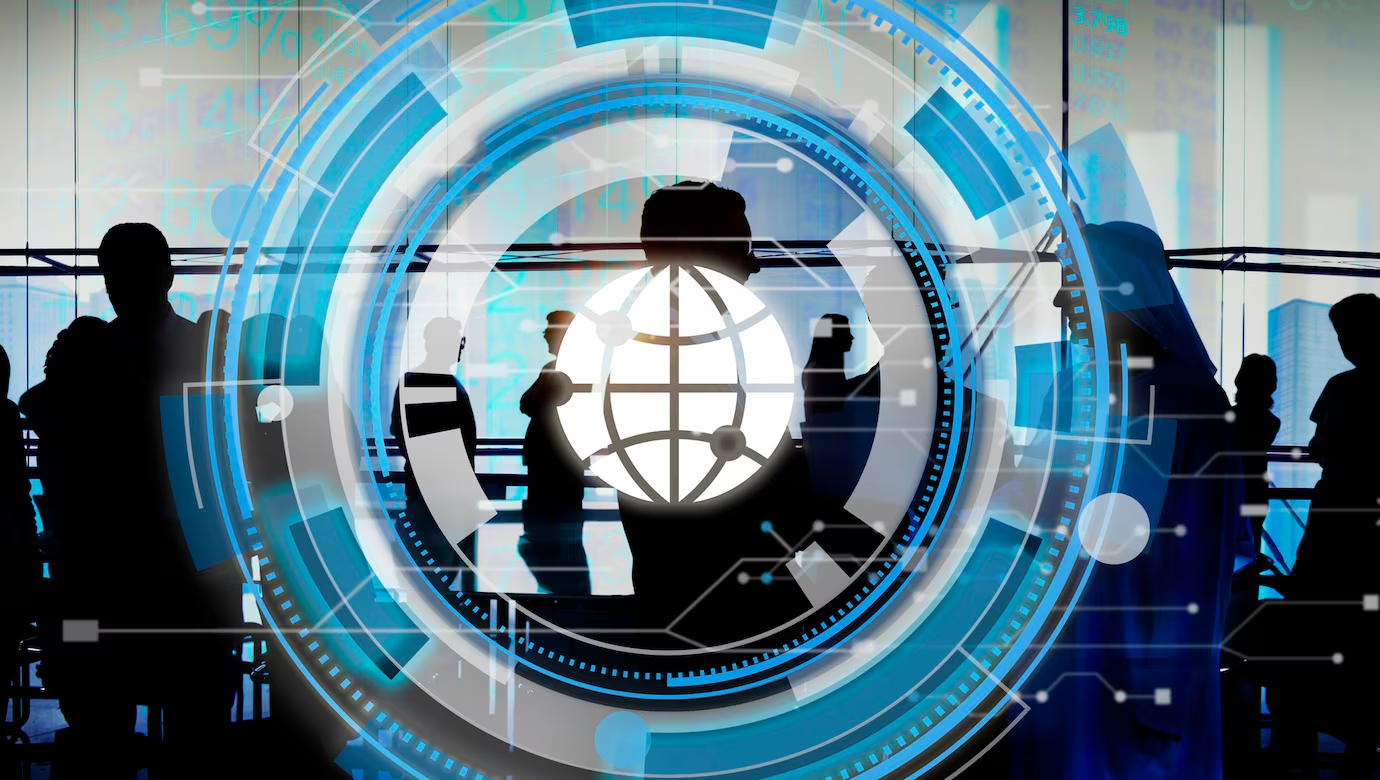
How VPNs Support Digital Rights and Internet Freedom
The internet has changed how information is accessed by users. It has changed how we communicate and express ourselves and it has become a powerful tool to enhance democratic values and freedom in the world. However, the concept of internet freedom is threatened when governments and organizations restrict access to it. In many parts of the world, it is normal for the internet to be restricted and censorship and surveillance of the internet to be prevalent in society.
Virtual Private Networks (VPNs) have become important critical tools for the purposes of defending digital rights and supporting internet freedom. This blog explores how VPNs support digital rights and internet freedom, and why they are more important than ever in today’s digital landscape.
The Importance of Digital Rights
The rights of individual online users to access, use, create, and share information in the digital space can be referred to as digital rights. Such rights include freedom of expression, privacy, access to information, and the right to communicate freely without interference. Since the world is becoming all the more connected like a global village, digital rights are critical for the exercise of freedom of speech, the right to participate in political and social discourse and other fundamental human rights.
Though these might seem like common sense ideas, digital rights are under attack across the world. Whether democratic or authoritarian, some governments impose strict measures when it comes to the internet and limit access to information. Such limits on digital rights have significant consequences for individuals living in such regions. Though some organizations still fight for digital rights.
How VPNs Promote Digital Rights and Internet Freedom
Here’s how VPNs support digital rights and internet freedom:
1. Circumventing Censorship
One of the most beneficial features of VPNs is that they allow internet users to bypass censorship. This is especially true in regions where content is heavily censored, websites are blocked, social media platforms can’t be accessed, and not all other news outlets are published. VPNs enable users to connect to servers in other countries and access blocked content that might be vital information, communicate with others, and participate in global discourse.
2. Protecting Privacy from Surveillance
As widespread surveillance has become a common practice for many governments and websites, VPNs offer a critical layer of privacy protection. Using a VPN encrypts your data making it quite difficult for governments, Internet Service Providers (ISPs), or hackers to infiltrate and track your network’s online behavior. By hiding a user’s real IP address and encrypting their data, VPNs help shield individuals from invasive surveillance and data collection efforts.
3. Enabling Access to Unrestricted Content
Sometimes content is restricted to specific regions. This might be by news outlets, social media platforms, streaming services, etc. By connecting to a VPN server in a different country, users can access online content that would otherwise be unavailable due to geographic restrictions. This opens up a lot of options for entertainment in today’s world given the multitude of options available at every moment.
4. Enhancing Security on Public Networks
Public Wi-Fi networks are not secure to be used especially when it comes to exchanging sensitive information. It is to the benefit of every digital user to use a VPN at least when connecting to public Wi-Fi networks such as coffee shops, airports, or libraries, are notoriously insecure.
These networks are prime targets for hackers looking to steal sensitive information, such as passwords, credit card numbers, or personal data. By encrypting your internet traffic, VPNs protect you from hackers and malicious actors trying to target you with man-in-the-middle attacks. This is a vital resource for digital users who rely on public Wi-Fi to accomplish tasks or exercise their digital rights.
Conclusion
As threats to digital rights and internet freedom continue to grow, VPNs remain one of the most effective tools for preserving individual privacy and ensuring access to uncensored information. Whether you’re an activist fighting for social justice, a journalist working in a hostile environment, or simply an individual who values your online privacy, a VPN is a vital tool in the fight for a free and open internet. Protect your digital rights and access a free internet with HorizonVPN. Visit HorizonVPN.org to take the first step toward safeguarding your online freedom.


